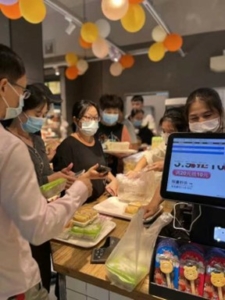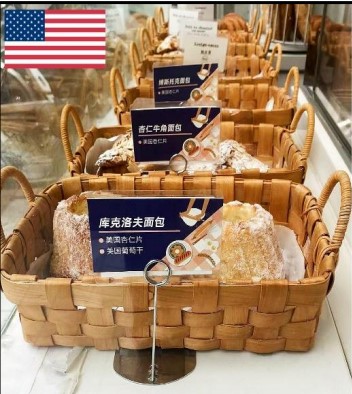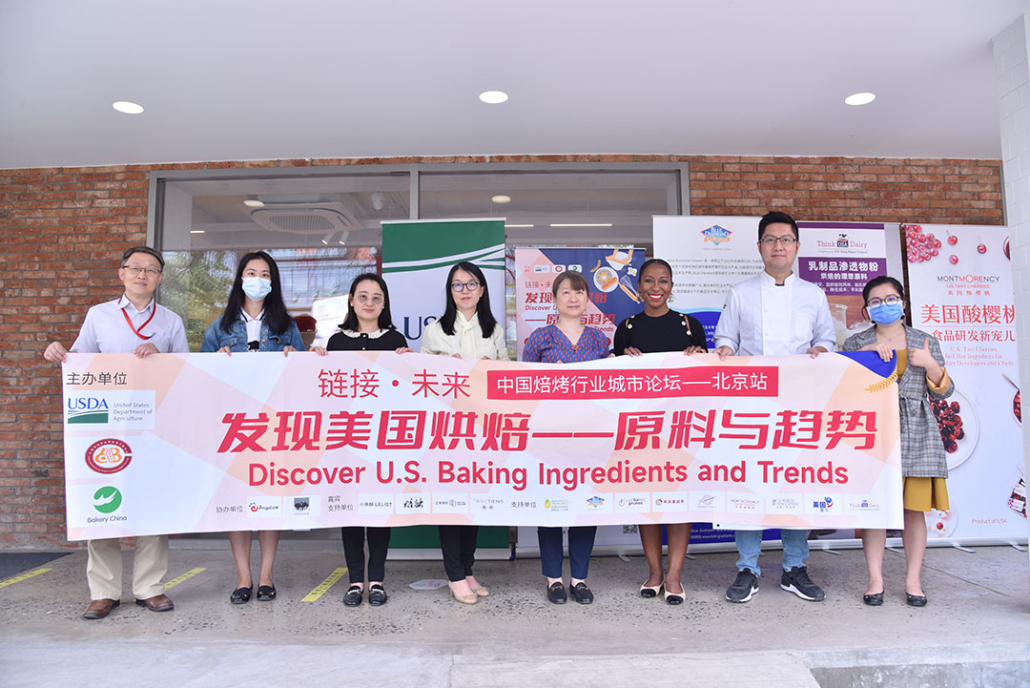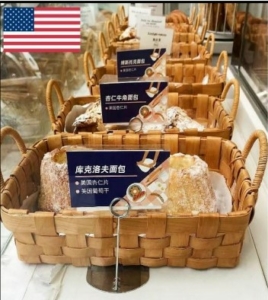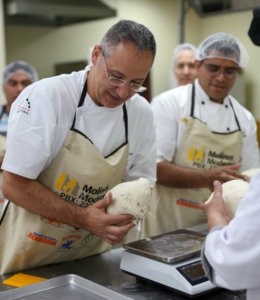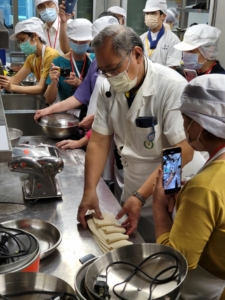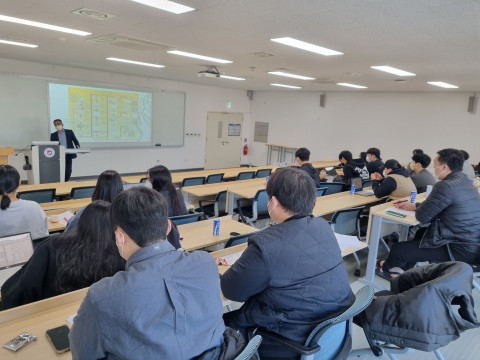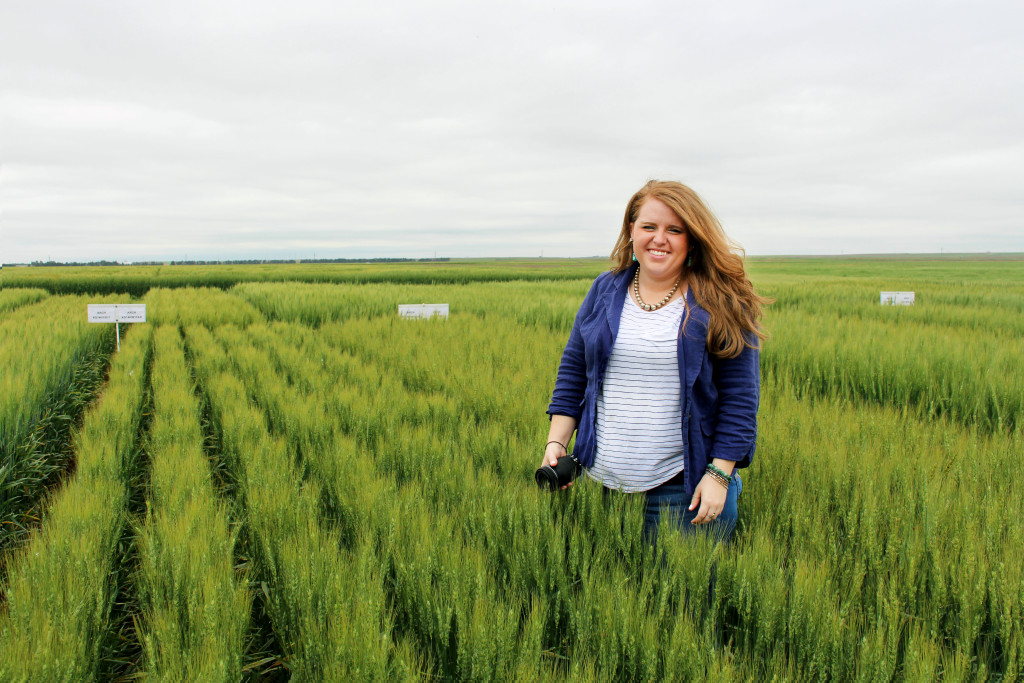As U.S. Wheat Associates (USW) President Vince Peterson often says, at any given hour of the day there is someone, somewhere, talking about the quality, reliability and value of U.S. wheat. Wheat Letter is sharing some of the ways USW was working in the third quarter of marketing year 2023/24 to promote U.S. wheat in an ever more complex world grain market.
Trade, Technical Service in South Korea
In January 2024, USW Seoul Country Director Channy Bae and Food/Bakery Technologist Shin Hak (David) Oh carried out trade and technical service to flour mills in western Korea.
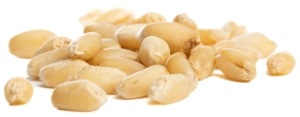
Soft white (SW) wheat.
Channy Bae shared an early forecast of U.S. and world wheat supply and demand with the millers. David Oh also reported on the results of a 2023 short course at the Wheat Market Center demonstrating the positive performance of alternative U.S. wheat flour blends to local standard flours. One of those alternatives, using competitively priced U.S. soft white (SW) to replace Australian soft white wheat in noodle applications. The USW representatives also presented data on the cost and performance advantages of U.S. hard red spring (HRS) and hard red winter (HRW) flour blends for bread products compared to Canadian spring wheat.
Optimizing HRW Wheat Performance in Colombia
Also in January, USW Santiago and a flour milling consultant worked with three milling companies in Colombia that had purchased 12.5% protein (12% moisture basis) HRW that the U.S. government had donated to a South American non-governmental organization (NGO). The NGO used proceeds from the wheat sale for local economic development projects. The millers each found opportunities to use the higher protein flour in blends while benefiting from USW’s technical milling support. The activity built a base of new knowledge about the range of U.S. HRW quality and USW Santiago will monitor continued interest from the Colombian millers.
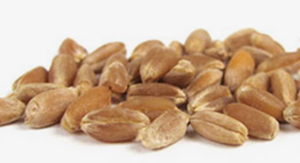
U.S. hard red winter wheat.
Milling Management Seminars in Southeast Asia
USW’s regional office in Singapore planned and conducted milling workshop and technical service visits focused on “milling core competency” to meet with representatives from mills in the Philippines and Vietnam. Three one-day workshops featured Associate Director Shawn Thiele and Grain Quality & Feed Manufacturing Specialist Carlos Campabadal with the IGP Institute, Manhattan, Kan.
These consultants presented information on mill key performance indicators (KPIs), blending practices, storage, and mill maintenance among other issues millers had identified during USW-sponsored activities in 2023. In total 169 participants from 30 mills attended the workshops held in Ho Chi Minh City, Cebu, and Manila. Additionally, two participants from a mill in Thailand attended the Manila Seminar.
Providing assistance to millers in this important market will help them continue to recognize the value of using high quality U.S. wheat classes.
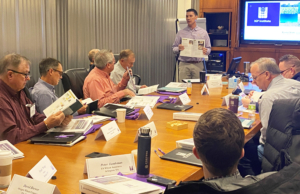
Shawn Thiele, IGP Institute
Milling Donated Hard White Sample in South Africa
Keeping Shawn Thiele busy, USW Sub-Sahara African regional office in Cape Town, sponsored his technical assistance helping a large South Africa company mill a sample of U.S. hard white (HW) wheat that USW made available with funding from the Agricultural Trade Promotion program. Opportunities exist in South Africa to develop demand for this new-to-the-market HW because this class of wheat offers higher extraction rates while minimizing ash content for certain types of flour. Currently U.S. wheat sales to South Africa include HRW and soft red winter (SRW) wheat.
U.S. Wheat Market Development Planning
USW’s 13 overseas and two domestic offices also conducted their annual marketing planning over the past three months. Annual investments in USW’s work by 17 state wheat commission member organizations qualify USW to apply for program funds from USDA’s Foreign Agricultural Service (FAS). FAS cooperators like USW must submit an annual marketing plan called the Unified Export Strategy (UES). The plan evaluates past efforts, documents progress against specific goals, and suggests future wheat export market development activities for all markets. FAS will evaluate the current plan and will announce its funding awards for 2025 activities later in 2024.

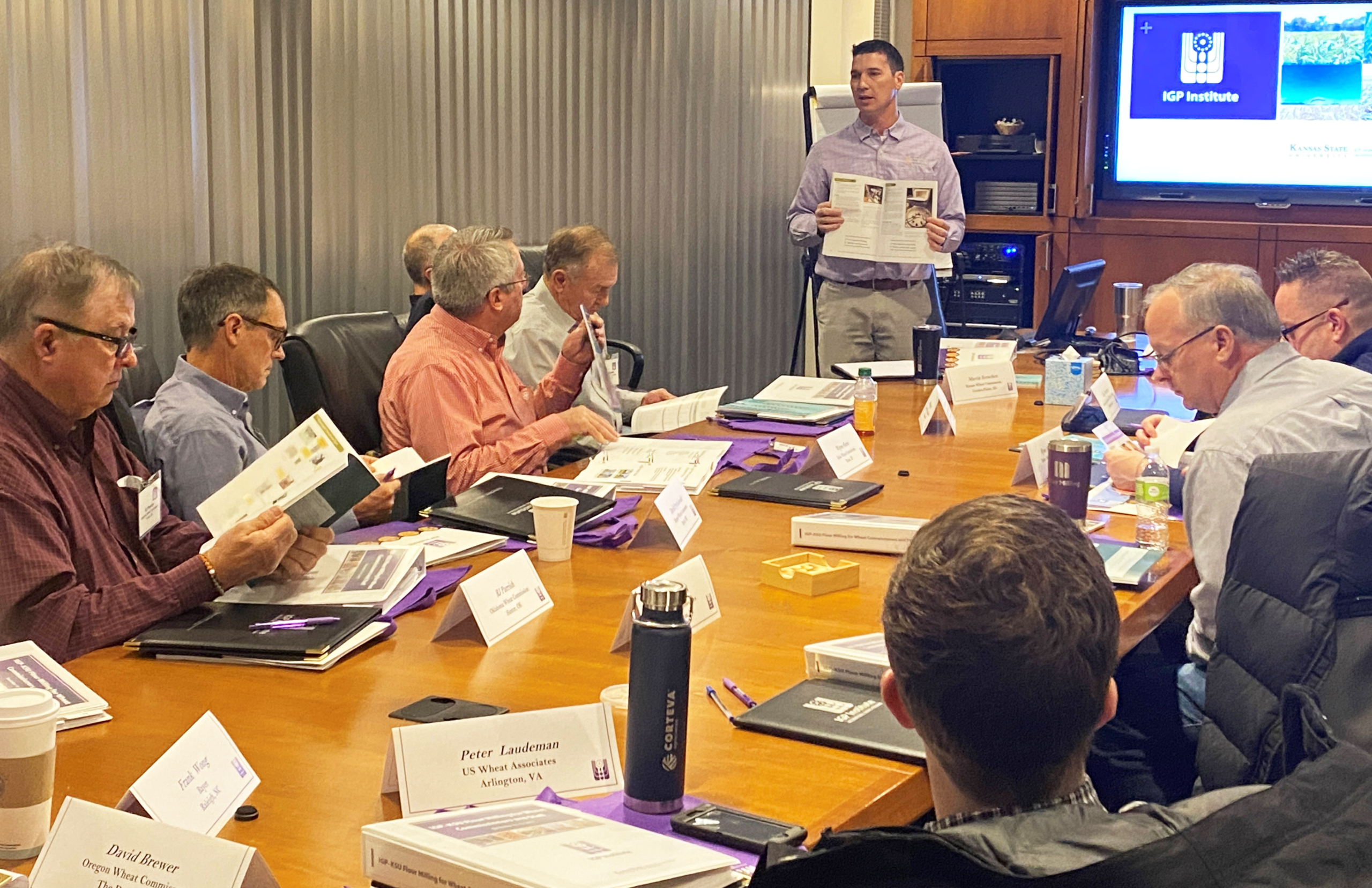
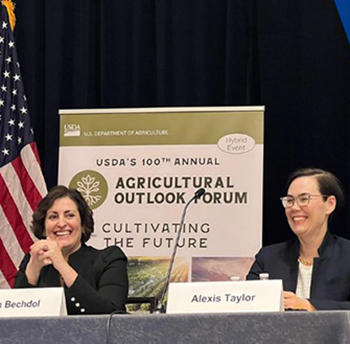
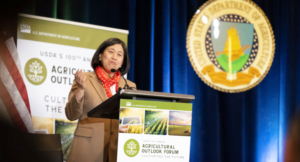
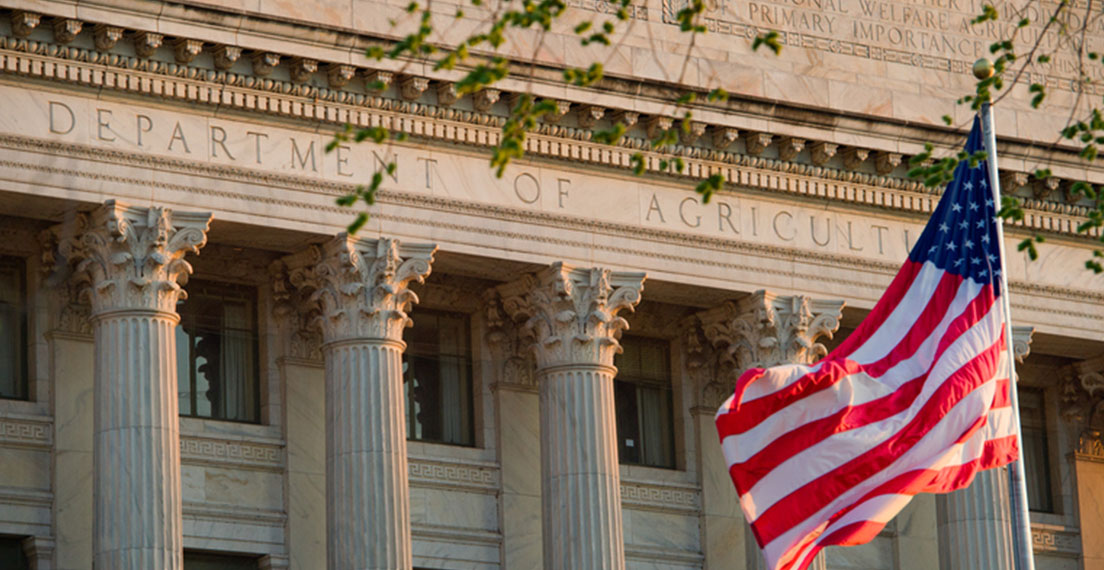
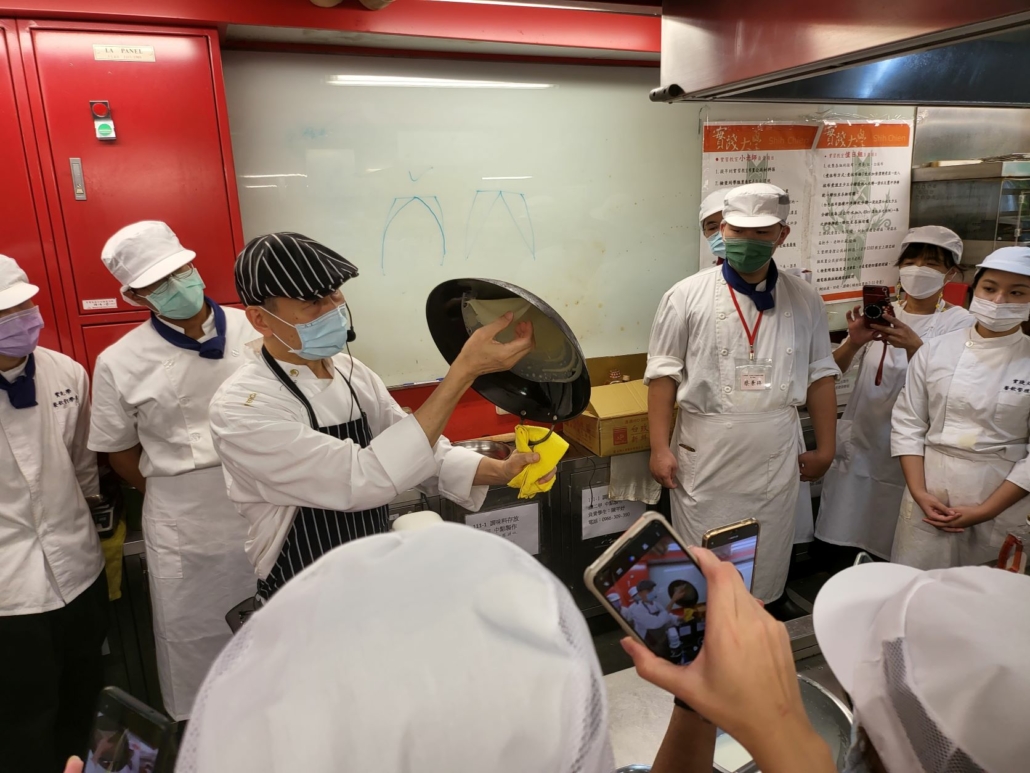
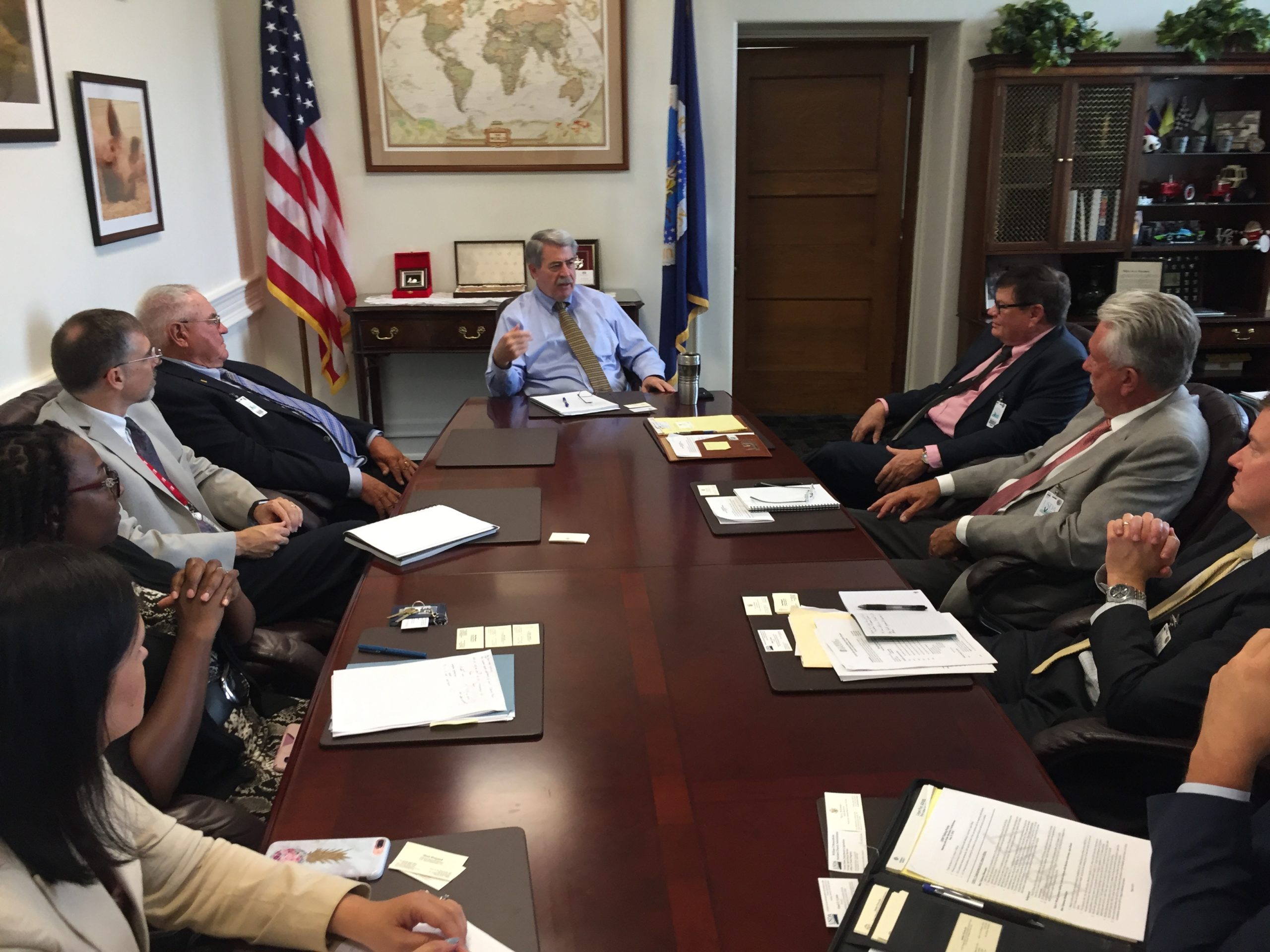
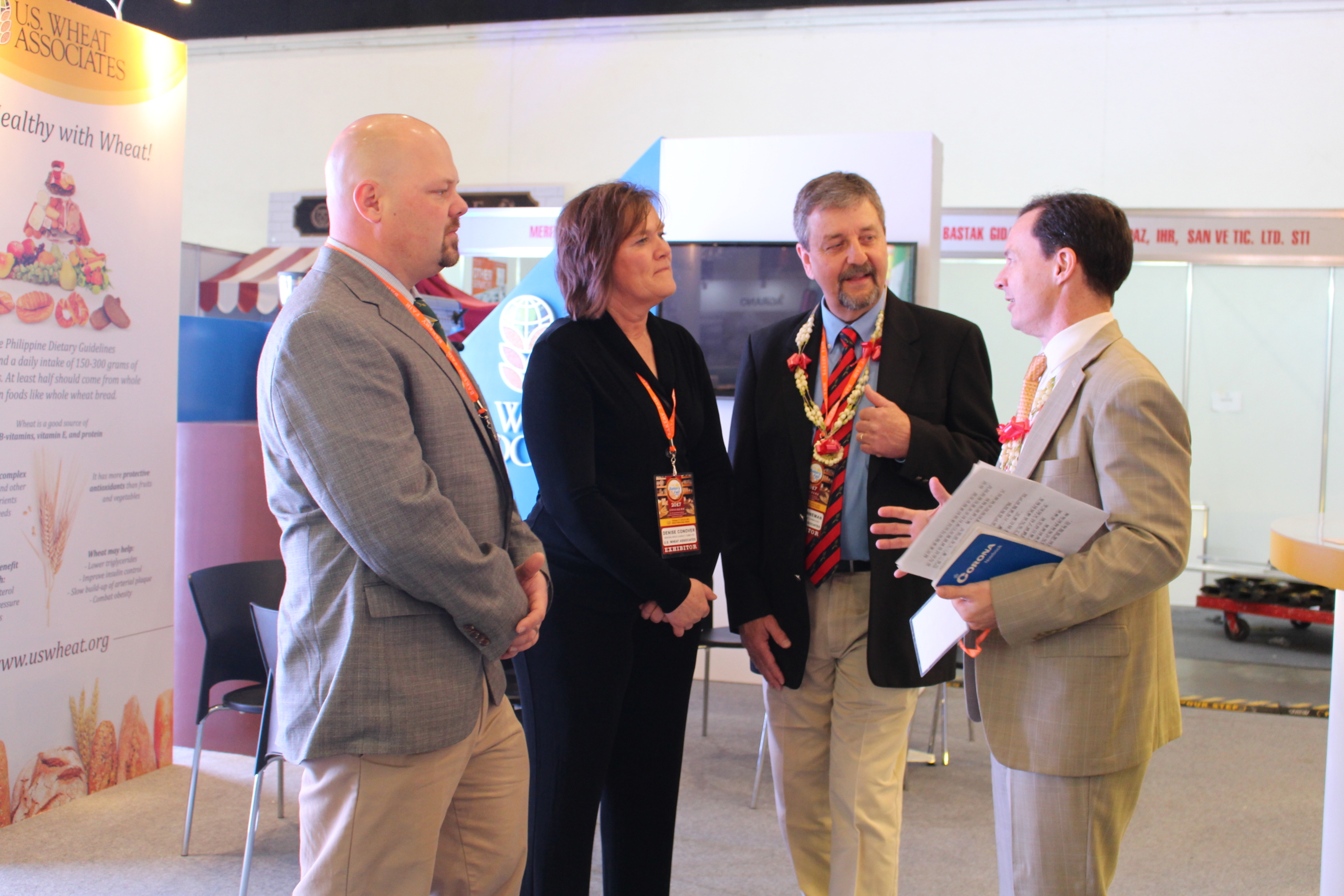
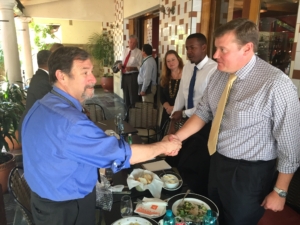
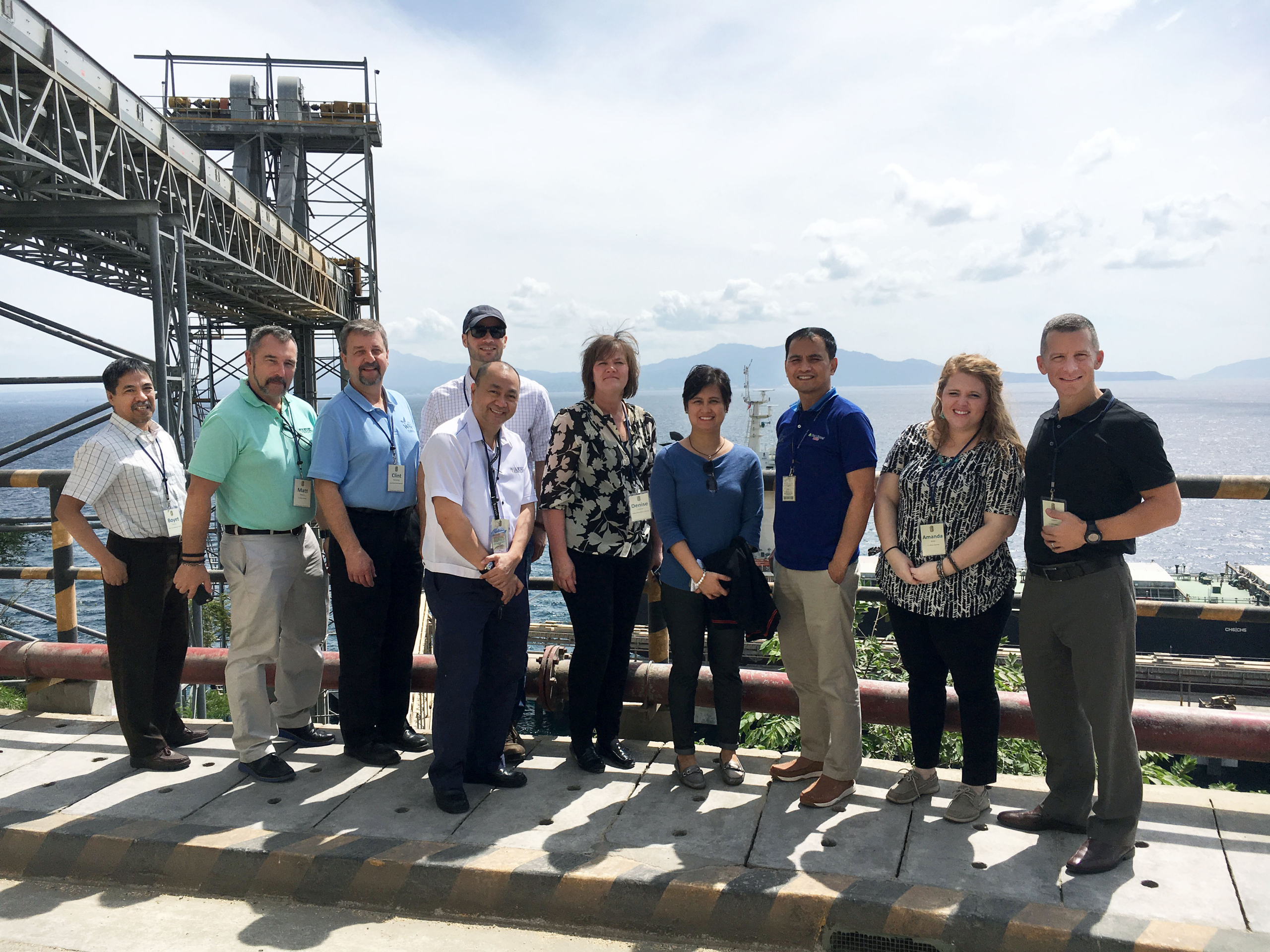

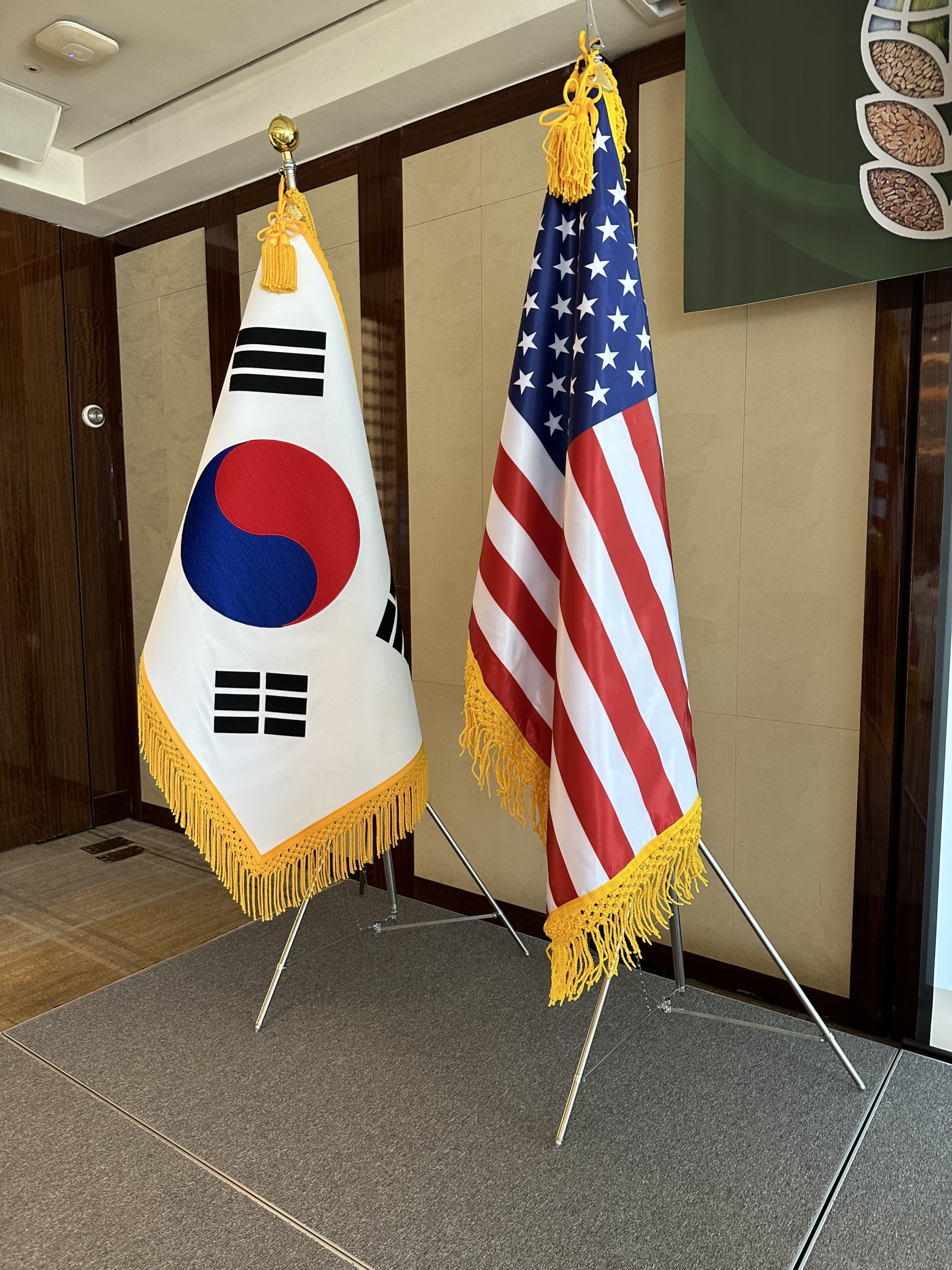
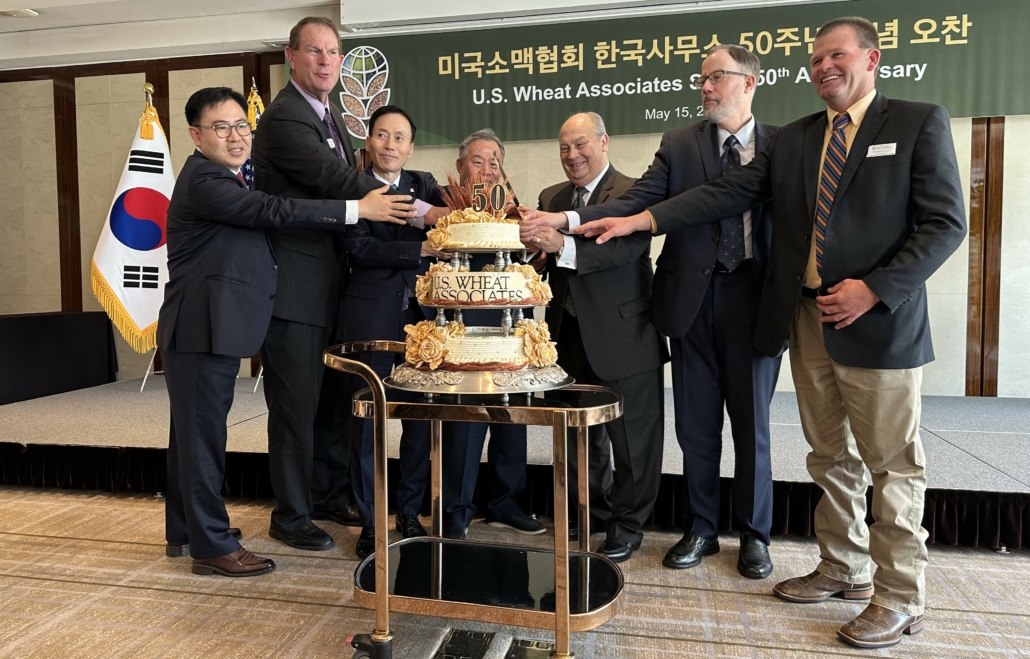
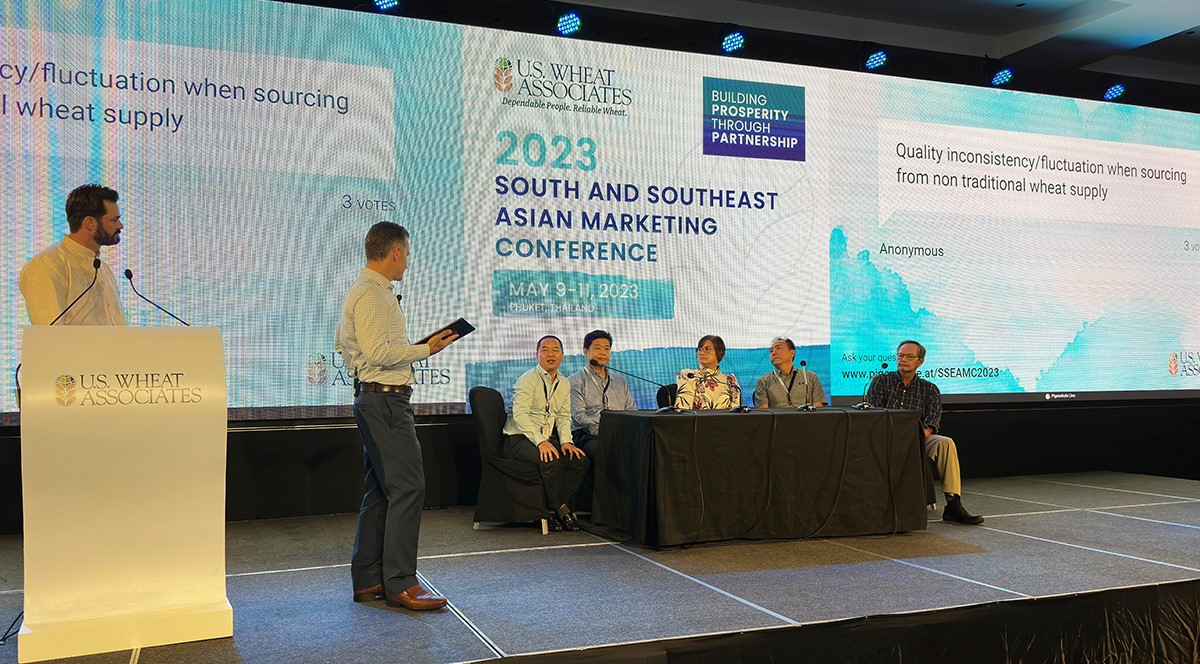
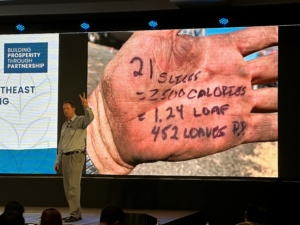

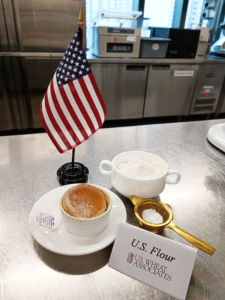
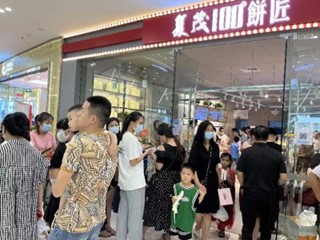
 On Feb. 17, 2023, USDA FAS Agricultural Attaché Alan Hallman and colleagues published a Global Agricultural Information Network (GAIN) report on China’s “
On Feb. 17, 2023, USDA FAS Agricultural Attaché Alan Hallman and colleagues published a Global Agricultural Information Network (GAIN) report on China’s “